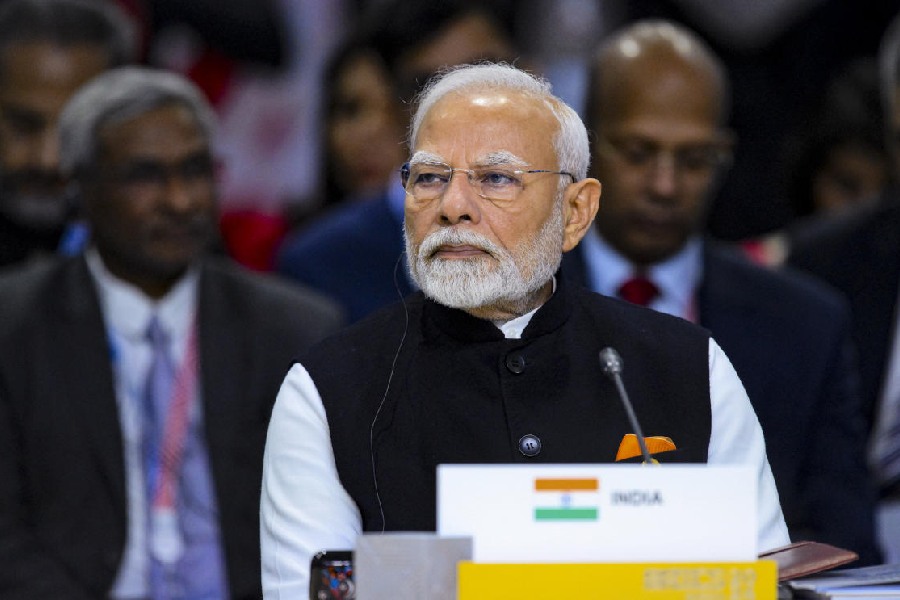In a global landscape torn apart by wars and the breakdown of international norms, leaders of the BRICS grouping in Russia this week underscored the power of diplomacy. The meeting between the Indian prime minister, Narendra Modi, and the Chinese president, Xi Jinping — their first engagement in five years — broke the ice between the two Asian giants whose ties had deteriorated in recent years, especially after a deadly border clash in Ladakh in 2020. The conversation between Mr Modi and Mr Xi followed close on the heels of announcements by both sides that their troops, which had been locked in tense standoffs at multiple points along the Line of Actual Control, would disengage under a new deal. India and China will remain strategic rivals deeply suspicious of each other. Thus, managing that relationship responsibly so that it does not escalate into a cold — or worse, hot — war is in the interests of both countries. In a separate meeting with the Russian president, Vladimir Putin,Mr Modi continued the shuttle diplomacy he has undertaken between Moscow and Kyiv, pushing for talks between the warring neighbours. The BRICS summit also gave Mr Modi the opportunity to meet Iran’s new president, Masoud Pezeshkian, for the first time. The leaders of the United Arab Emirates, Egypt, Ethiopia and Iran — which joined the grouping at the start of the year — attended their first annual summit.
But bilateral meetings on the sidelines of the conclave were not the only events that stood out. Meeting in the city of Kazan, the leaders of the bloc issued a vision very distinct from that espoused by West-led groups like the G7. They condemned Israel’s mass killings in Palestine, called for an immediate ceasefire in Gaza, and criticised Israel for its attacks on Lebanon and on United Nations peacekeepers. They rejected unilateral sanctions imposed by the West on other nations and called for a fairer international order. These issues serve the specific national interests of BRICS members: Russia has been the biggest victim of Western sanctions; India, Brazil and South Africa want a place at the global high table; and China wants to weaken Western dominance over international institutions. BRICS also reflects the Global South’s deeper concerns; this is why more and more countries are queuing up to join or partner with the grouping. If BRICS members can manage their internal divisions, they can make the views of the developing world impossible to ignore.










